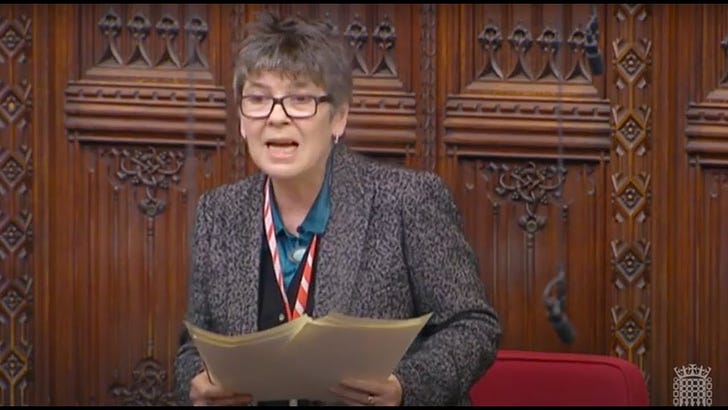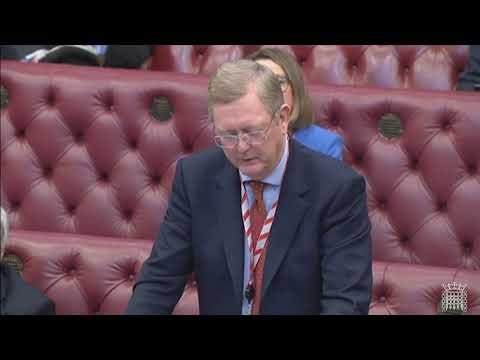Next year marks 800 years since the signing of Magna Carta. While the build-up to its anniversary has been dominated by arguments about whether it should be taught in schools as part of lessons on ‘British values’ aimed at tackling ‘Trojan Horse’ extremism, others have strongly suggested Britain needs a contemporary equivalent. Whilst the coalition’s Commission on a Bill of Rights produced ambivalent conclusions, leading Conservative politicians have pledged that it will be a key part of their general election manifesto. Yet while the original brief for the Bill of Rights was for a document ‘which incorporates and builds on Britain’s obligations under the European Convention on Human Rights’ such a move is widely seen as a potential replacement for the Human Rights Act with Britain leaving the ECHR altogether.
Supporters see a British Bill of Rights as an important move in regaining control over key areas of national sovereignty, threatened by increasingly activist judges based in Strasbourg. Many opponents, including leading civil-liberties campaigners, charge the proposal as being a return of Tories as ‘the nasty party’ keen on limiting individual and worker protections enshrined under the Human Rights Act. In any case, it is not clear what immediate gains a UK government would make from leaving the ECHR, given the increasing willingness of British courts to challenge government policies – for example, on workfare - and the need to meet Western standards around universal human rights.
Some see the British Bill of Rights as an opportunity to rethink our contemporary attitude to rights. Historically, many see a rights culture as standing in a British tradition dating back to the Magna Carta of 1215 and embracing the 1688 Bill of Rights. Others see sharp distinctions between the natural-rights tradition dating back to John Locke and that which culminated in the French Declaration of the Rights of Man in the wake of the French Revolution and the American Bill of Rights of 1791. Is it significant that these documents that talk the language of natural rights tend to seek freedom from the state whereas the human rights tradition embodied in the Universal Declaration of Human Rights (1948) and the European Convention on Human Rights (1950) tend to seek the state’s protection?
Could a British Bill of Rights represent a more democratic alternative to the ECHR, or simply greater powers for unelected judges in Britain rather than their counterparts in Strasbourg? Does it represent an opportunity to safeguard civil liberties and national security, as various supporters hope, or risk sacrificing hard-won rights to contemporary opportunist politicians? What advantages would it hold over the existing framework provided by the Human Rights Act? Would its introduction be a triumph for democracy or populism? Who should we trust to make our laws?
Speakers Jon Holbrook barrister and writer on legal issues for spiked and the New Law Journal Martin Howe QC barrister; member, Commission on A Bill of Rights Helen Mountfield QC barrister, Matrix Chambers, London; trustee, Equal Rights Trust Rupert Myers barrister and writer Adam Wagner barrister, 1 Crown Office Row Chair Claire Fox director, Institute of Ideas; panellist, BBC Radio 4's Moral Maze














#BattleFest2015: From Magna Carta to ECHR - do we need a British Bill of Rights?